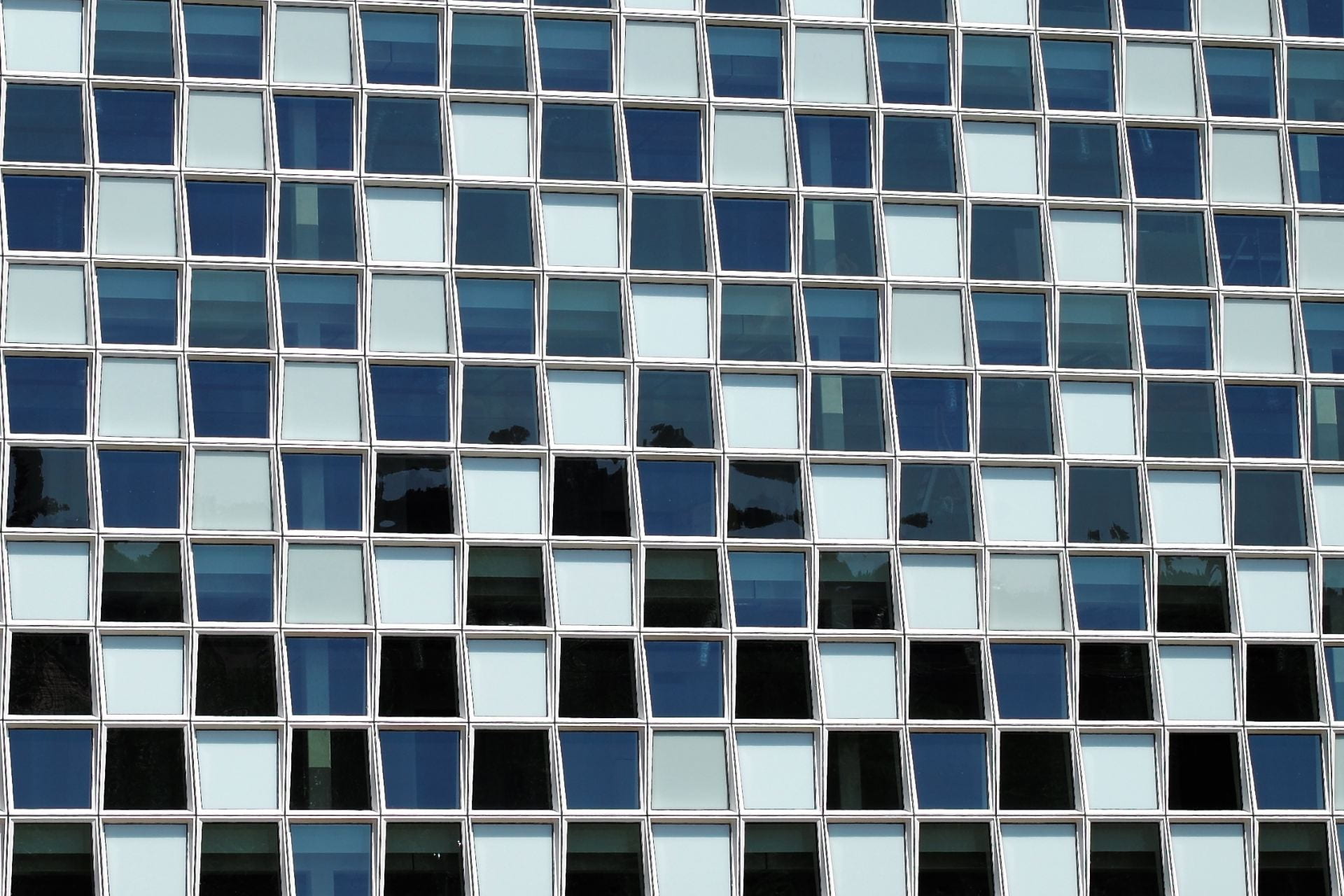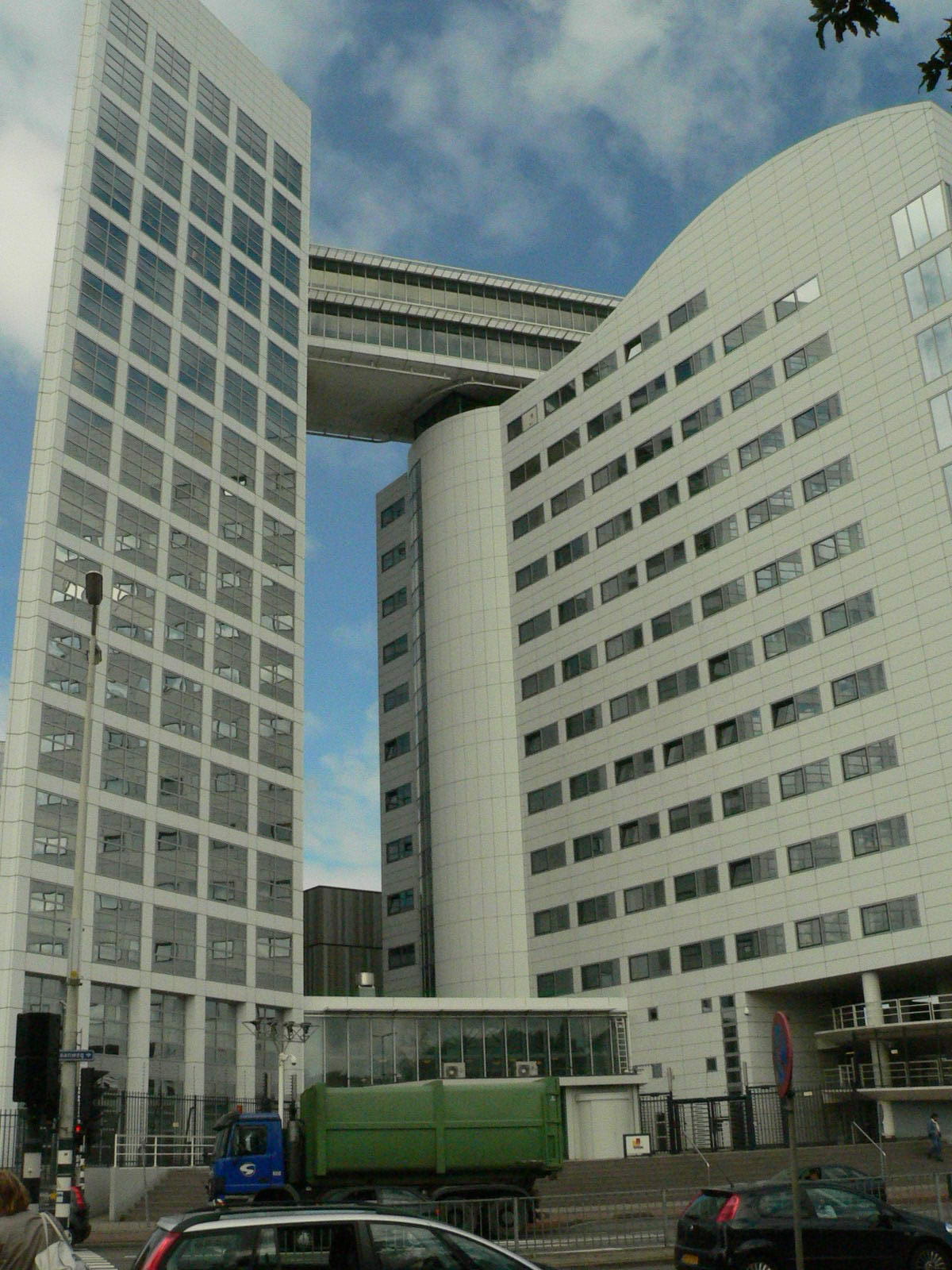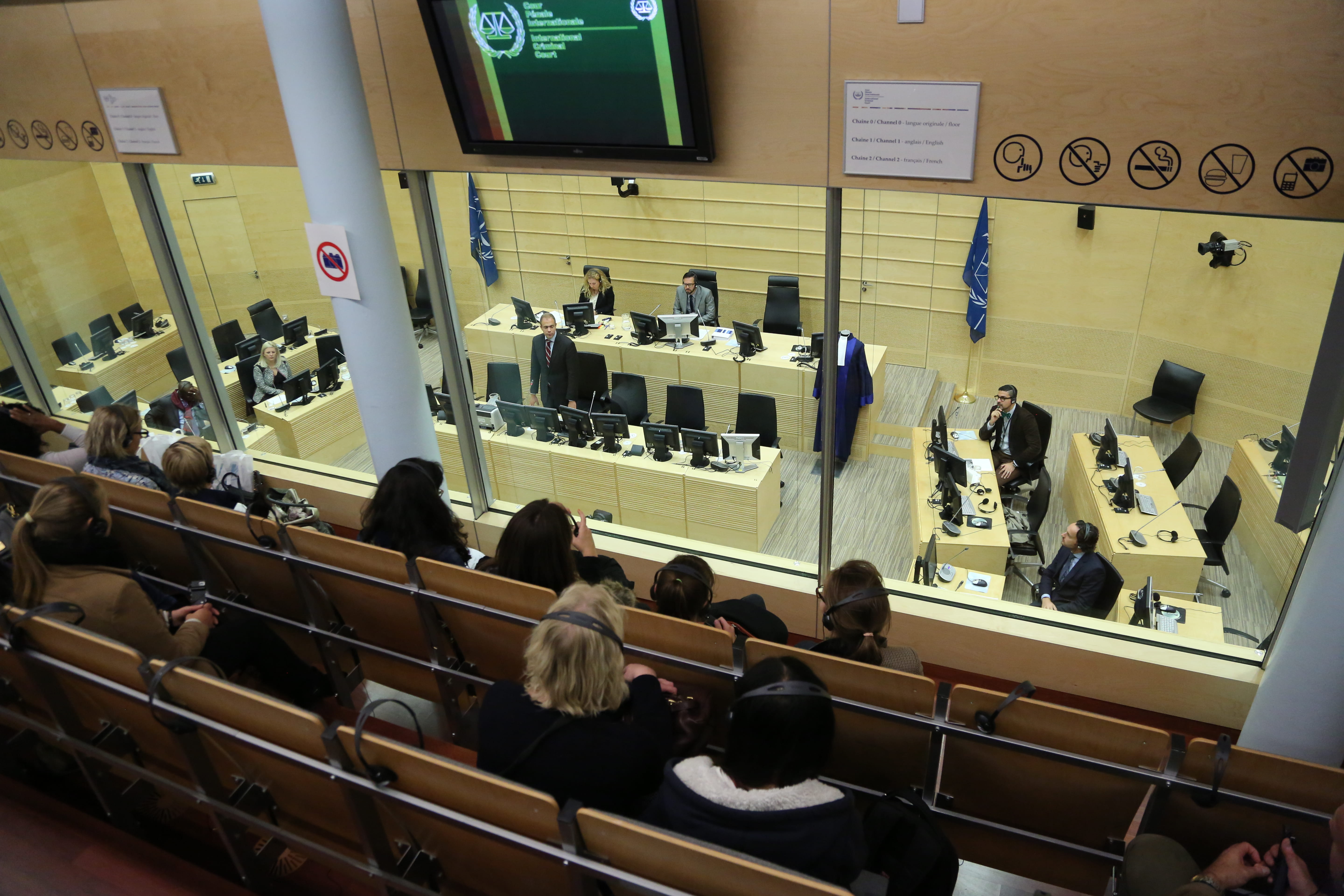
What is the International Criminal Court and how did it develop?
The ICC is not a substitute for national courts. It is the only court with global jurisdiction that a state can go to when it cannot carry out the investigation and trial of perpetrators that have committed war crimes, genocide, and crimes against humanity. It is also not to be confused with the Court of Justice which settles disputes between states. The idea of having an international court first developed in 1948 with the United Nations General Assembly (UN GA). In order to prevent atrocities such as the Holocaust from ever happening again, the UN GA adopted the Convention on the Prevention and Punishment of the Crime of Genocide. This convention called on criminals guilty of committing or creating a genocide to be tried by an international court that did not yet exist. Therefore, the International Law Commission (ILC) was brought in to assess the desirability and feasibility of creating a court with global jurisdiction. During the ILC’s process of drafting a statute, the Cold War halted efforts in creating such a court.
The discussion of establishing an international criminal court was not on the agenda of the international community for many years. It finally resurfaced in 1989 Trinidad and Tobago were battling massive drug trafficking. The UN GA once again called upon the International Law Commission to continue the drafting efforts that were abandoned in the early 1950s. The 1990s brought horrendous genocide, crimes against humanity, and war crimes from all over the world- particularly in Bosnia-Herzegovina and Rwanda. Due to the international climate at the time, the United Nations decided that it could not wait for an international criminal court to develop fully in order to take control of these crimes. Instead, the UN Security Council put in two ad hoc courts in order for individuals to be held accountable for these crimes – the International Criminal Tribunal for the Former Yugoslavia (ICTY) and the International Criminal Tribunal for Rwanda (ICTR).
The quest for a permanent international criminal court continued when representatives met in Rome, Italy, from June 15th to July 17th of 1998. A total of 160 countries participated in this conference with the goal of negotiating an international treaty that would serve as the basis for an international criminal court. With 120 votes in favor of such a court, the Rome Statute was adopted, officially creating what we know as the International Criminal Court. The ICC was established in The Hague in the Netherlands, on July 1, 2002 when the Rome Statute entered into force. However, the reach of the court was diminished by the fact that the following countries either did not sign or did not ratify the statute: Bahrain, China, India, Indonesia, Iraq, Israel, Kuwait, Lebanon, Malaysia, Nepal, Pakistan, Sudan, Thailand, Turkey, Ukraine, the United States, and Yemen. The absence of three permanent members of the UN Security Council – the U.S., China, and Russia – has been a particular challenge for the new court.

How does the International Criminal Court function?
There are four components that make up the ICC: The presidency, Office of the Prosecutor, chambers, and registry.
The Presidency
The presidency is the head of the court that consists of three judges who are elected by an absolute majority by the 18 judges that makeup the Court. One judge is the president and the other two are vice presidents who all serve two three-year terms. The presidency takes on a significant administrative role by representing the Court as a whole to the world and safeguarding the enforcement of sentences levied by the Court itself. It also helps organize the work of the judges.
The Office of the Prosecutor
The office of the prosecutor has one of the most important roles: They conduct investigations and prosecutions. The office of the prosecutor is mandated to “receive and analyze information on situations or alleged crimes within the jurisdiction of the ICC, to analyze situations referred to it in order to determine whether there is a reasonable basis to initiate an investigation into a crime of genocide, crimes against humanity, war crimes or the crime of aggression, and to bring the perpetrators of these crimes before the Court.” Within the office of the prosecutor, there are three divisions: the investigation division, the prosecuting division, and the jurisdiction, complementarity, and cooperation division. The former two divisions are self-explanatory, but the latter’s duty may be a little difficult to understand. The jurisdiction, complementarity, and cooperation division works with the investigation division in analyzing information that is received, as well as, evaluating situations referred to the Court. In order to have a case heard by the ICC, one must go to this division which will either approve or reject a case to be heard. They will judge the legitimacy of a case on the basis of the analyses of information pertaining to that particular situation.
The Chambers
The chambers’ responsibility is to guarantee and carry-out a fair trial. Similar to the office of the prosecutor, there are three divisions within the chambers: the pre-trial chambers, trial chambers, and appeals chambers. The eighteen judges plus the three judges in the presidency (for a total of 21 judges) are assigned to one of these three chambers. The pre-trial chamber is composed of seven judges with one to three judges presiding over each sub-chamber. Their job is to make sure that the investigation and prosecutorial proceedings are fair in order to protect the rights of suspects, witnesses, and victims. After these proceedings are completed, the pre-trial chambers decide whether or not warrants of arrest should be issued, as well as summons to the office of the prosecutor at their request. They also are responsible for confirming or not confirming the charges the suspect has been given. Current cases in the pre-trial stage are the Barasa case of Kenya, the Hussein case of Darfur, Sudan, the Al-Bashir case of Darfur, Sudan, and the Harun and Kushayb case of Darfur, Sudan.
The trials chamber works to ensure the fairness of the trial itself and that such a trial continues to appropriately comply with the rights of suspects. They are also responsible for the needed protection of witnesses and victims in necessary. Along with those roles, this chamber is the one that decides whether a suspect is guilty or innocent of the charges and if guilty, they determine the punishment whether that be through monetary compensation or going to prison (prison time cannot exceed thirty years to a life sentence). Current ongoing trials are as follows: the Gbagbo and Blé Goudé case of Côte d’Ivoire, the Bemba et. al case of the Central African Republic, and the Ntaganda case of the Democratic Republic of the Congo.
The appeals chamber steps in if the guilty plaintiff would like to appeal his or her trial or proceedings that the pre-trials chambers or trials chamber conducted. This chamber is made up of the President of the Court along with four other judges. Just like the appellate courts we have here in the states, the appeals chamber can amend, reverse, or uphold the prior chambers’ decision. In some cases, they may order a new trial with a different trials chamber. Currently, there is one appeals case- the Bemba case of the Central African Republic.
The Registry
The registry supports the Court administratively by ensuring a fair, impartial, public trial. More specifically, the ICC describes the registry as “the core function of providing administrative and operational support to the Chambers and the Office of the Prosecutor. It also supports the Registrar’s activities in relation to defense, victims, and communication and security matters.” Communication matters consist of having responsibility and authority over the Court’s primary information, as well as outreach services and activities.

Why Should I Care?
In summary, the ICC is much more complex than one might think, and rightfully so. This Court gets the worst of the worst cases in terms of cruelty. They try individuals who have been accused of participating in genocide, crimes against humanity, war crimes, etc. In order to maintain a fair and impartial trial, there are many administrative roles within each division and chamber that work to achieve the goal of accountability. The ICC was a concept that had been thought of long before it was actually established and it is the only permanent international criminal court that tries individual perpetrators. Some may think that the ICC doesn’t really matter or holds no significant importance when it comes to trying and punishing individuals, but actually, the ICC has a very compelling role in such matters.
